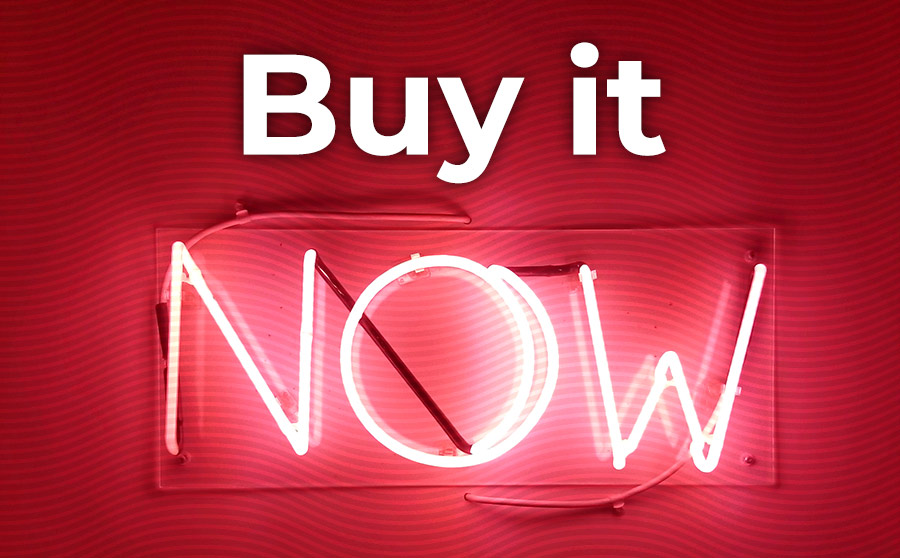Setting a “buy it now” (BIN) price for your domains is one established approach to selling.
Instead of providing a contact form where visitors can make an offer, you can skip endless negotiations by simply defining the asking price.
It’s not a secret that many such domain sales take place on popular marketplaces, when the buyer finds the asking price reasonable and affordable. Hitting the BIN button shows intent to buy the product, the domain name, at the asking price.
Except, of course, when the buyer is simply clicking on the button because they can. At the Uni Market, using the BIN option requires the provision of contact details and the system initiates the checkout process; the first step is the receipt of funds via one of several types of payment methods.

Unfortunately, there is no way to stop the process at the Uni Market, even when there’s evidence that the buyer’s contact information is fake and an indication of a fake sale that will not complete.
Opening a ticket at the Uni Market triggers unhelpful responses that the process was somehow initiated by the seller, when it’s automated. Requests to forcefully cancel the transaction are not responded to and the system simply sends followup requests to the buyer to make payment. I was told to mark the inquiry as “ignored” which itself does not terminate the pending sale status for the domain.
There’s also a silver lining: According to the Uni Market / GoDaddy support, hitting the BIN price does not affect any other market sale from occurring, until that payment is made:
If the buyer doesn’t complete the sale, the system will flag it as ignored, and the domain is still available for purchases. We can guarantee that the pending payment will not affect a future market sale.
In summary: There is no way to forcefully terminate such fake transactions and the Uni Market / GoDaddy support team does not offer an explicit resolution, until the transaction times itself out. Hopefully this saves you time, in a similar scenario.

Had a number of similar situations at godaddy and I simply pointed my domain to my own landing page until everything at godaddy timed out.
I wanted to make sure I did not lose a potential sale.
Also had to do that once at dan when I knew things were not going right and every time someone landed on my domain it said sold. Again I simply pointed the domain to my lander and waited for things to get back to normal.